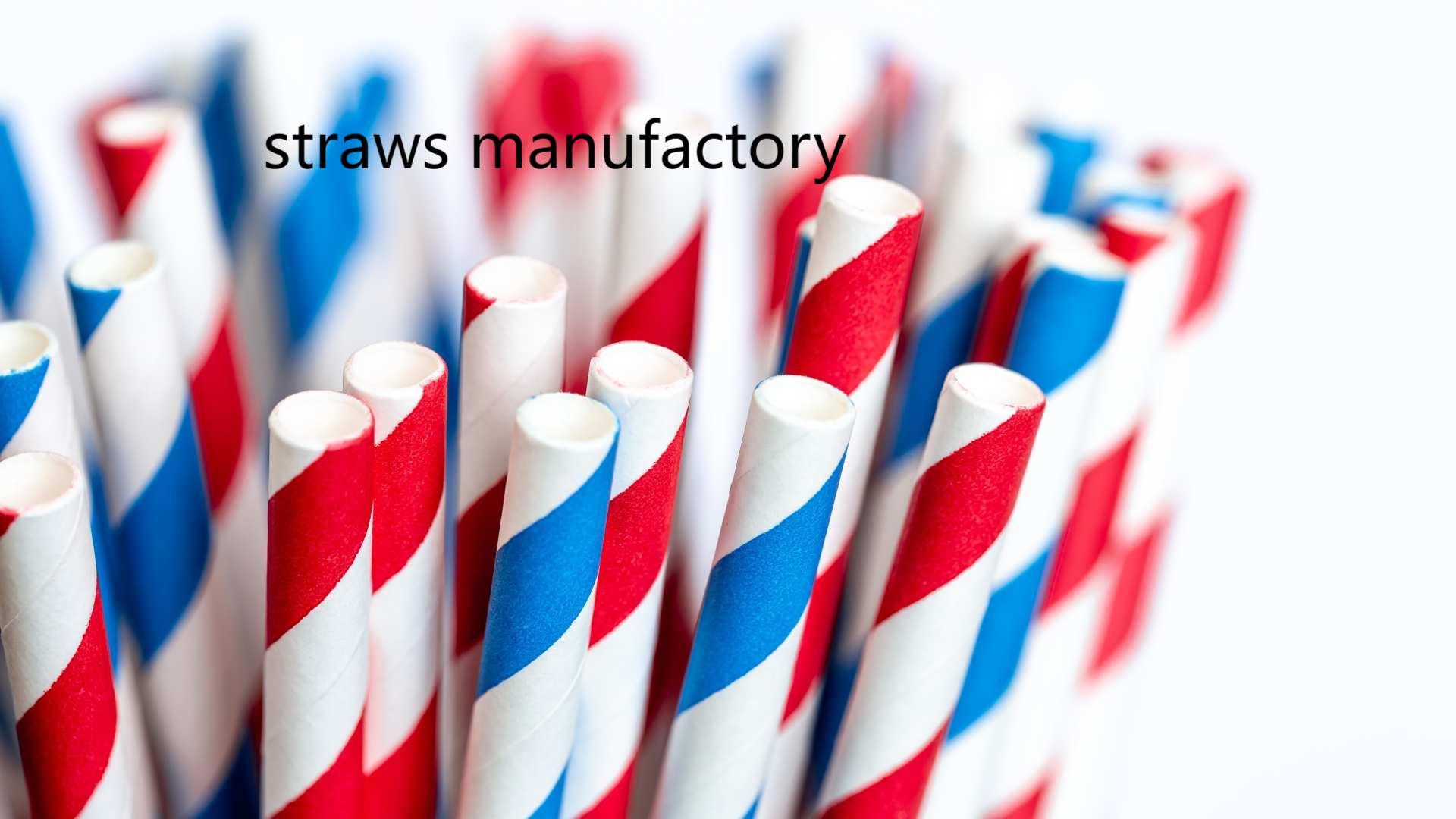When exploring modern beverage solutions, understanding how a straws manufactory selects materials is key to appreciating both product performance and environmental impact. Positioned between traditional manufacturing methods and sustainable innovation, Soton Straws demonstrates how thoughtful material selection can enhance the functionality of straws in a variety of everyday contexts.
Plastic straws have long been the industry standard, with polypropylene (PP) and polyethylene (PE) dominating production due to their affordability and versatility. While many straws manufactory facilities continue to produce PP-based straws, consumer preferences are evolving. Soton Straws has recognized this shift and diversified its material offerings to accommodate changing demands, ranging from reusable to biodegradable options.
Polypropylene (PP) straws offer significant advantages for both hot and cold beverages. Their durability and resistance to cracking make them popular for high-traffic settings such as cafes, fast food outlets, and catering services. PP’s chemical stability also ensures safety when exposed to various liquid types. Soton Straws maintains a robust PP product line that caters to businesses seeking reliable, cost-effective solutions while ensuring adherence to food-grade safety standards.
In recent years, biodegradable alternatives like PLA (polylactic acid) have gained traction. Sourced from renewable biomass, PLA straws provide a compostable option that appeals to environmentally conscious consumers. Although these straws require industrial composting facilities for full degradation, their reduced reliance on petroleum-based plastics aligns with global sustainability trends. Through continuous R&D, Soton Straws has refined PLA straw production to optimize durability without sacrificing biodegradability.
Paper straws are another eco-friendly alternative that has gained widespread adoption, especially in regions enforcing plastic bans. These straws break down faster in natural environments and are often produced using FSC-certified paper and non-toxic adhesives. While early paper straws faced criticism for structural weakness, advancements in straws manufactory methods—such as multilayer bonding and improved coatings—have significantly improved their lifespan. Soton Straws uses advanced lamination processes to enhance the user experience and prevent premature sogginess.
For consumers seeking premium or reusable alternatives, bamboo, silicone, and stainless steel straws offer unique benefits. Bamboo straws are prized for their natural appearance and compostability, making them suitable for eco-conscious cafés and restaurants. Silicone straws, known for their flexibility and soft texture, are popular among families and individuals who prefer a gentler feel. Stainless steel straws, meanwhile, provide a sleek, reusable option ideal for personal and commercial use. Although these materials represent a smaller market share, Soton Straws has incorporated select offerings to cater to diverse customer preferences.
Material selection also influences application-specific features like size, shape, and additional functions. Bubble tea (boba) straws, for example, require wider diameters, while cocktail straws emphasize aesthetics with metallic finishes or vibrant colors. Soton Straws provides extensive customization services, enabling clients to tailor straws based on drink type, branding, or occasion.
Manufacturing efficiency and safety standards remain crucial. Processes such as extrusion, cutting, and rolling are optimized for each material to ensure product consistency and minimize waste. As an experienced straws manufactory, Soton Straws integrates cutting-edge machinery and strict quality control to guarantee that every product meets international regulatory requirements, including FDA and EU certifications.


